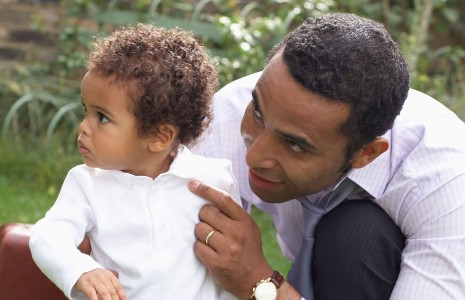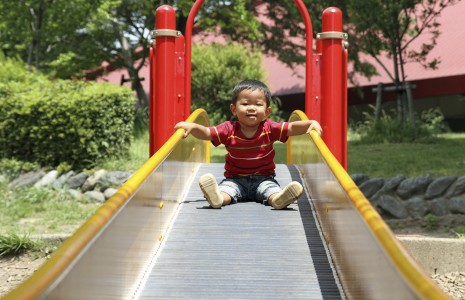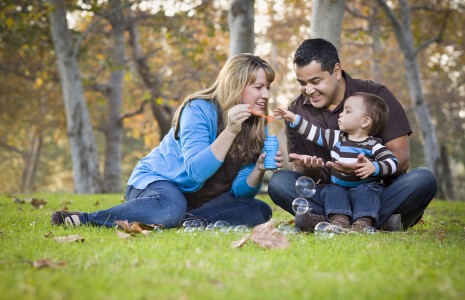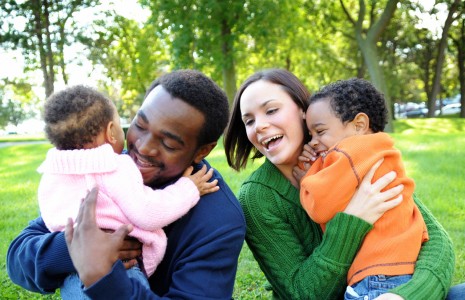Independence is the ability to do things for ourselves. Once kids are school age, having a healthy sense of independence contributes to positive behavior, better decision-making, and persistence when faced with challenges. The foundation for later independence is built in early infancy, and is strengthened by sensitive, responsive parenting throughout the early years.
Research shows that curiosity and self-motivated learning are critical for school readiness, helping children to remain engaged in the classroom and to develop the confidence that they are effective and capable students.
Babies are born learners and it is curiosity which drives them to figure out the world around them and how it works. Research shows that children have an internal drive to learn. It is this natural desire, rather than external rewards, which motivates them to seek out new experiences and leads them toward becoming lifelong learners.
Children need to feel good about themselves. A positive self-image has long-term effects on behavior, achievement, and even health. Self-confidence is not inherited; it is learned. Knowing the benefits of having a positive self-image, caregivers want to know how to help their children develop it.
Self-control — having the ability to regulate your own behavior — is an important life skill with long-term benefits. Research shows that children who exhibit self-control tend to have fewer behavior problems in school and are less likely to struggle with aggression, anxiety, and depression. Self-control has also been linked to school readiness.
Attachment is your baby’s feeling of safety and her assurance that you are available to meet her needs. Attachment is a crucial element of her early development and is an important predictor of her later social adjustment. A secure attachment to her closest caregivers helps your baby deal with distressing situations, strange environments, and perceived threats.





